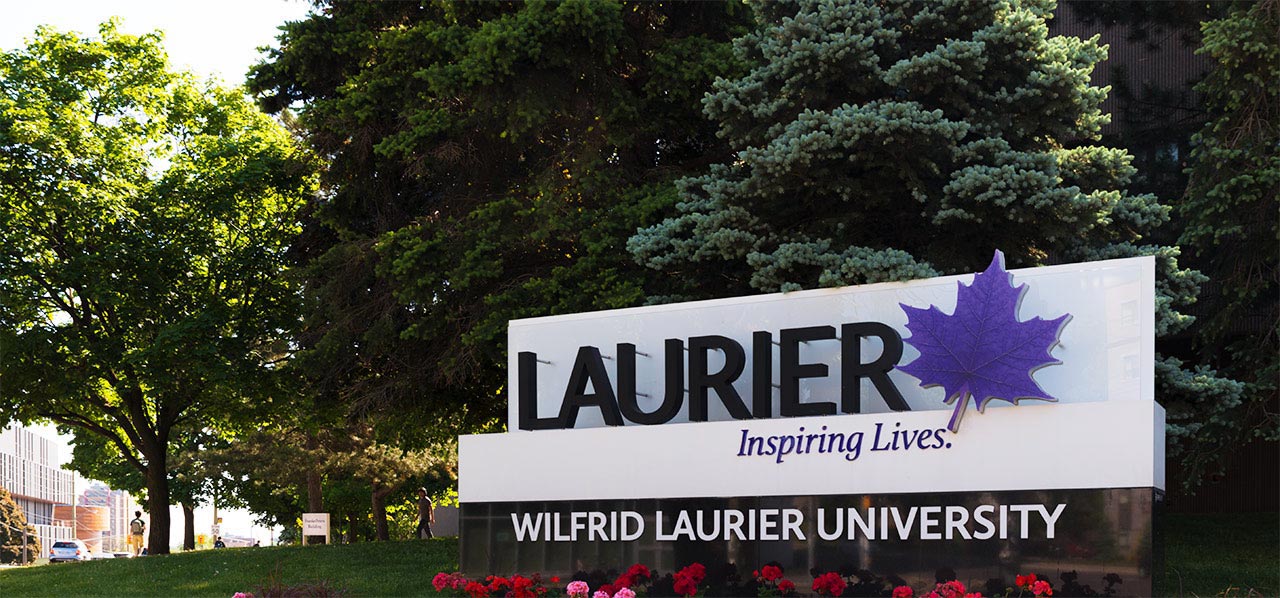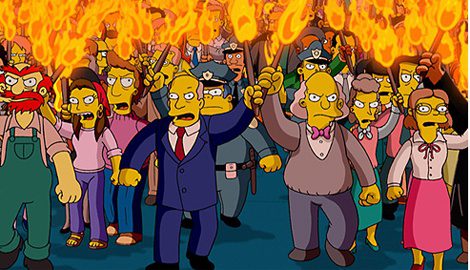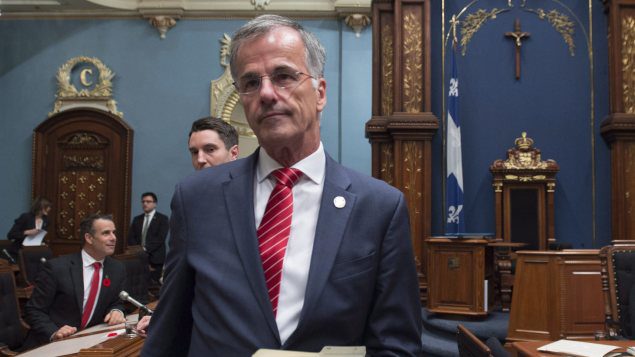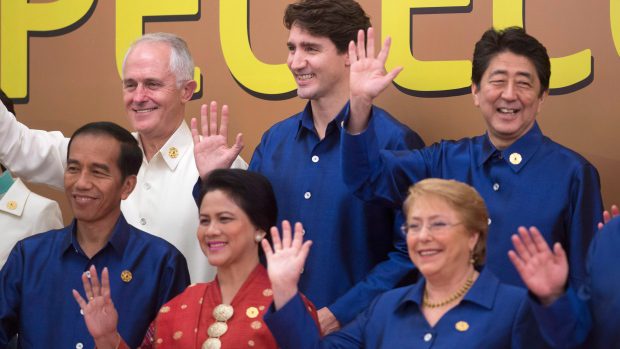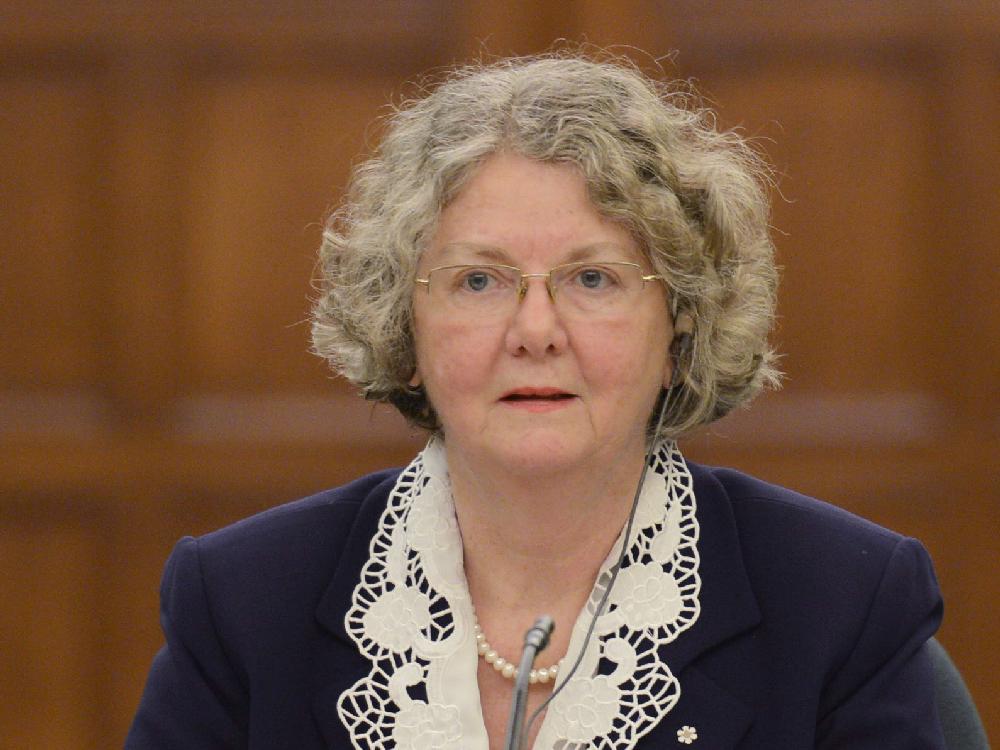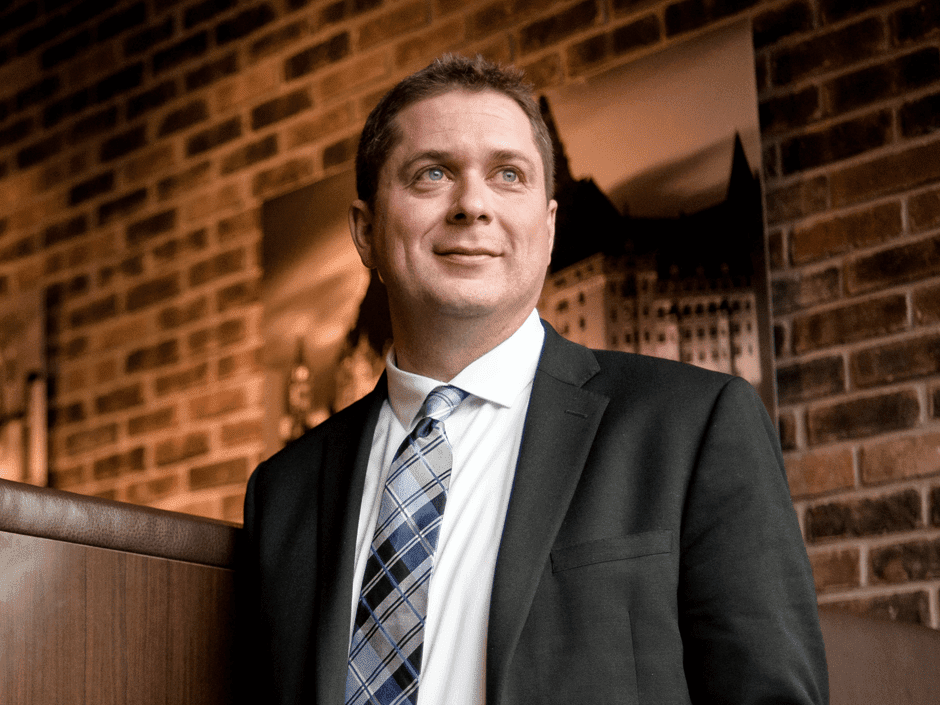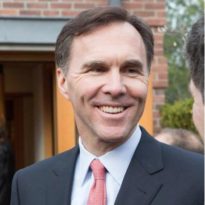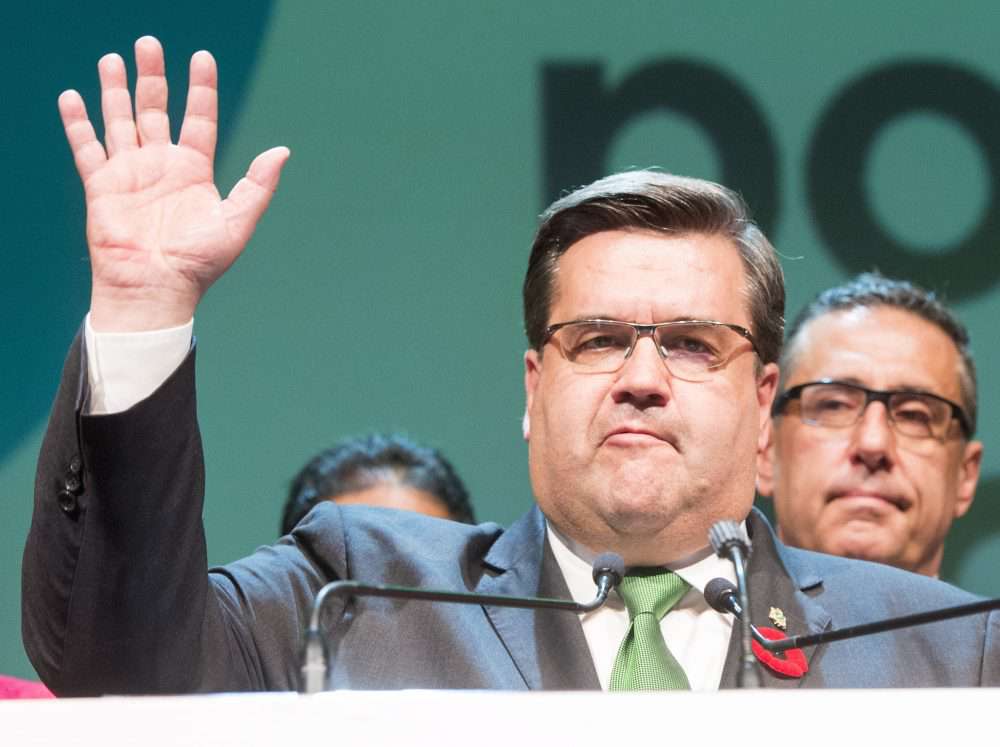This isn't about free speech. As a Canadian, Wilfrid Laurier University graduate student Lindsay Shepherd is as free to speak her mind today as she was last week; as Laurier himself would have put it, freedom is her nationality. This is really about saving universities from themselves.
Last week was when Shepherd was disciplined for having played a clip of an interview with University of Toronto professor Jordan Peterson in her first-year communications tutorial, in a class that focused on the evolution of gendered pronouns. Peterson himself rose to notoriety after criticizing Bill C-16, which added "gender identity or expression" to the Canadian Human Rights Act as a prohibited ground of discrimination. Since then, he has developed an almost cult-like following based on both his scorn of "post-modernism" and his self-help offerings, which young men especially have embraced with gusto.
Shepherd, a self-described "leftist," told the administrators she disagreed with him. They insisted that by failing to mention this during her lecture, she had "created a toxic climate" in violation of Laurier's Gendered and Sexual Violence Policy, in particular:
3.02 Gendered Violence: an act or actions that reinforce gender inequalities resulting in physical, sexual, emotional, economic or mental harm. This violence includes sexism, gender discrimination, gender harassment, biphobia, transphobia, homophobia and heterosexism, intimate partner violence, and forms of Sexual Violence. This violence can take place on any communication platform (e.g., graffiti, online environments, and through the use of phones).
Note the word "harm." Even hardened libertarians tend to agree that freedom ends where harm to another person begins, such as incitement to violence, defamation, or fraud. A feeling of offence or discomfort does not count, least of all when the speaker simply displays the discomforting content in the context of a larger discussion. And "violence," by definition, implies intent to harm, which the administrators admit that Shepherd did not have.
However many students complained about Shepherd's lecture, all of them need these distinctions explained to them. Once you separate harm from offence, it's clear that she did not violate Laurier's policy in letter or in spirit. The school's administrators might have said so in response to the students' complaints. Instead siding with "one or multiple students" over a grad student, an associate professor, and a growing chorus of critics faculty members will approve and monitor Shepherd's tutorials going forward. Per university president Deborah MacLatchy, they'll also be "striking a task force" to determine how to balance open academic debate with inclusivity and diversity.
With the right input, that task force will produce something like this:
The University may restrict expression that violates the law, that falsely defames a specific individual, that constitutes a genuine threat or harassment, that unjustifiably invades substantial privacy or confidentiality interests, or that is otherwise directly incompatible with the functioning of the University. In addition, the University may reasonably regulate the time, place, and manner of expression to ensure that it does not disrupt the ordinary activities of the University. But these are narrow exceptions to the general principle of freedom of expression, and it is vitally important that these exceptions never be used in a manner that is inconsistent with the University's commitment to a completely free and open discussion of ideas.
This comes from the Report on the Committee on Freedom of Expression at the University of Chicago, released in January 2015. Several other U.S. universities have adopted the "Chicago Principles." The first Canadian campus to do so will set a precedent that could lead students, faculty members and administrators in this country to think before they mistake offence for harm. With the addition of language protecting the freedom to engage in academic work, as recommended by David Moshman of the University of Nebraska, administrators at Laurier will be forced to justify their interference with Shepherd.
This is the best way forward for students and professors who share Shepherd's belief in confronting uncomfortable ideas an open forum. There is no need to avoid academia altogether, or to hand over the defence of free discussion to its least qualified, least reasonable spokespeople. Laurier, and all campuses, must take it upon themselves to live up to the "intellectual inquiry, critical reflection and scholarly integrity" they call their cornerstones.
Photo Credit: Wilfrid Laurier University
Written by Jess Morgan



